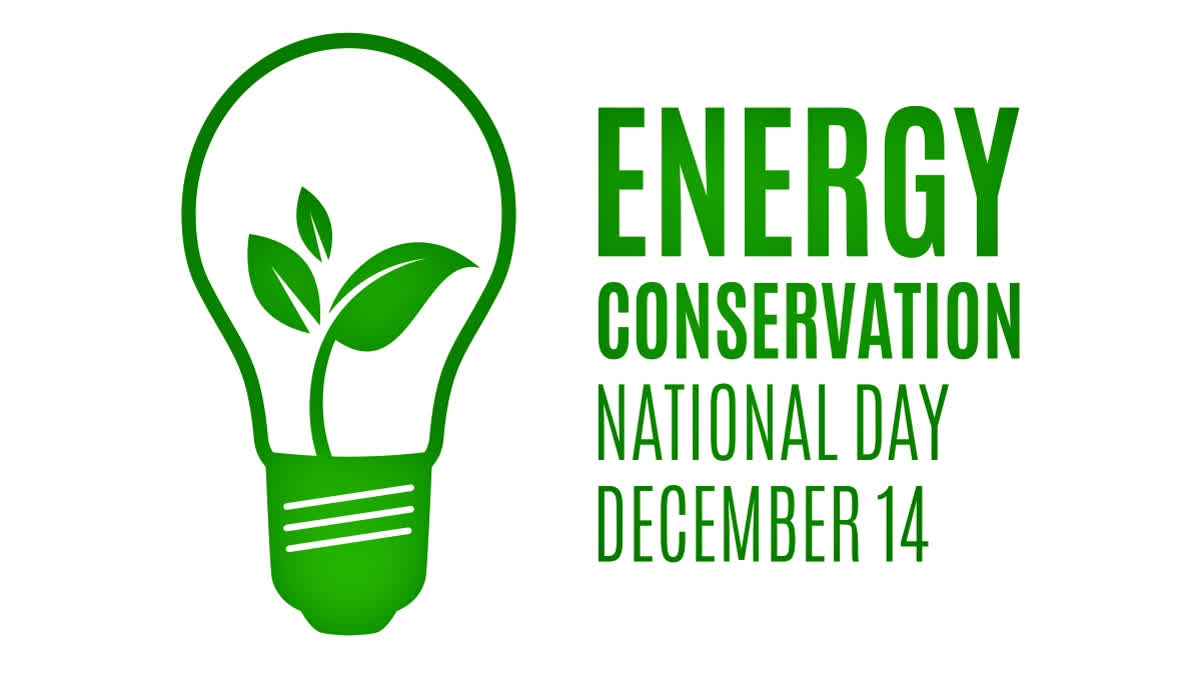Hyderabad:World Energy Conservation Day, observed annually on December 14, is a global initiative involving 150 countries, 5200 cities, and millions of individuals to underline the significance of energy consumption in our daily lives, emphasising its scarcity and impact on global ecosystems' sustainability.
The day catalyses decision-makers to allocate resources to scale up energy generation from non-conventional sources. These sources, including wind, hydel (large, mini, and micro), biomass, biogas, biodiesel, geothermal, tidal, solar, and nuclear fusion, hold the promise of becoming future carbon-neutral energy providers. However, the costs associated with most non-conventional energy forms, except hydel and wind, remain relatively high.
Objective- The objectives of this day include conveying the message of energy conservation's vital role in all aspects of life, and creating the process of energy conservation through various events such as discussions, conferences, debates, workshops, and competitions. Encouraging people to minimise energy usage, discourage wasteful practices, and promote efficient energy use are crucial goals. Also, there is a focus on enhancing energy efficiency in buildings, vehicles, and appliances to contribute significantly to reducing climate pollution.
What is Energy Conservation? Energy conservation is reducing wasteful energy consumption by using fewer energy services. This can be done by using energy more effectively (using less energy for continuous service) or changing one's behaviour to use less service (for example, by driving less). Energy conservation can be achieved through efficient energy use, which has some advantages, including a reduction in greenhouse gas emissions and a smaller carbon footprint, as well as cost, water, and energy savings.
